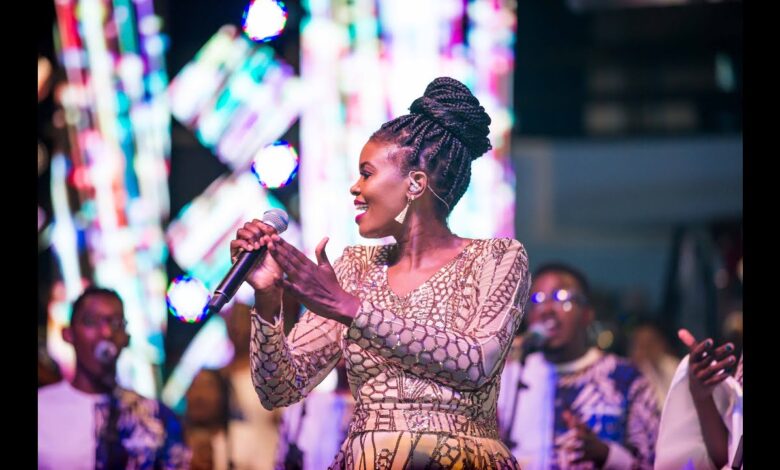Safaricom on Monday, August 2 announced that creators’ earnings on sales generated from its Skiza Tunes platform have been revised upwards by a third from the previous 30 percent, effective July 1. Creators including musicians and voice actors will now earn 40 percent of sales generated from Skiza Tunes.
Launched in 2009, the platform has over 9 million subscribers and allows Safaricom customers to set songs or customized messages to be played instead of standard call-waiting tones.
At the time of its launch, artists would get 7.5% of sales generated from Skiza Tunes. Following negotiations with Collective Management Organizations (CMOs) in 2017, the figure was revised upwards to 30 per cent.
It costs up to Ksh1.50 daily to set a local song as your Skiza tune.
The move by Safaricom comes soon after ringtones were exempted from Excise Tax by the State, part of a raft of recent efforts to improve artists’ earnings from licensing their content.
It was welcomed by artists and other stakeholders in the entertainment industry as a step in the right direction.
READ ALSO>>>>>Kenya’s Music Industry: Investment, Innovation Key to Long-Term Success
“Great move by Safaricom PLC to increase Content Owners’ Revenue Share on Skiza from 30% to 40%. Progress,” wrote marketing guru Fakii Liwali who doubles up as rapper Nyashinski’s manager.
“Our decision to increase artist and content-creators’ revenue share by 33 percent will act as a further boost to the creative industry to support talent growth and sustainability,” stated Safaricom CEO Peter Ndegwa.
At the same time, artists called for greater transparency from Collective Management Organizations (CMOs) including Music Copyright Society of Kenya (MCSK), Kenya Association of Music Producers (KAMP) and the Performers Rights Society of Kenya (PRISK). The CMOs have perennially been at the center of grievances’ from artists over royalty payments amid allegations of entrenched corruption.
Artists including Nonini have also put media houses on the spot for failing to pay license fees for local music content as stipulated by law.
Creators have also been on the war-path with unscrupulous third-party content providers accused of taking advantage of various artists through exploitative contracts, and carting away most of their royalty payments and Skiza Tunes revenues while artists languish.
Over the past year, the state has introduced measures meant to stream line the sector including a new national rightsholders database meant to enable efficiency and easy tracking of royalty payments. It aims to increase royalties collected annually to Ksh2 billion from the current Ksh200 million.
President Uhuru Kenyatta has also reiterated that businesses will be unable to renew their licenses without proof of payment of relevant fees to CMOs licensed to collect royalties on behalf of artists.
Artists have been among the worst-hit groups in the country by the Covid-19 pandemic thanks to restrictions on events and operating hours of entertainment joints – especially with performances being the most reliable revenue stream for many Kenyan artists.
READ>>>>>Safaricom Braced For Ethiopia After Shareholder Nod

